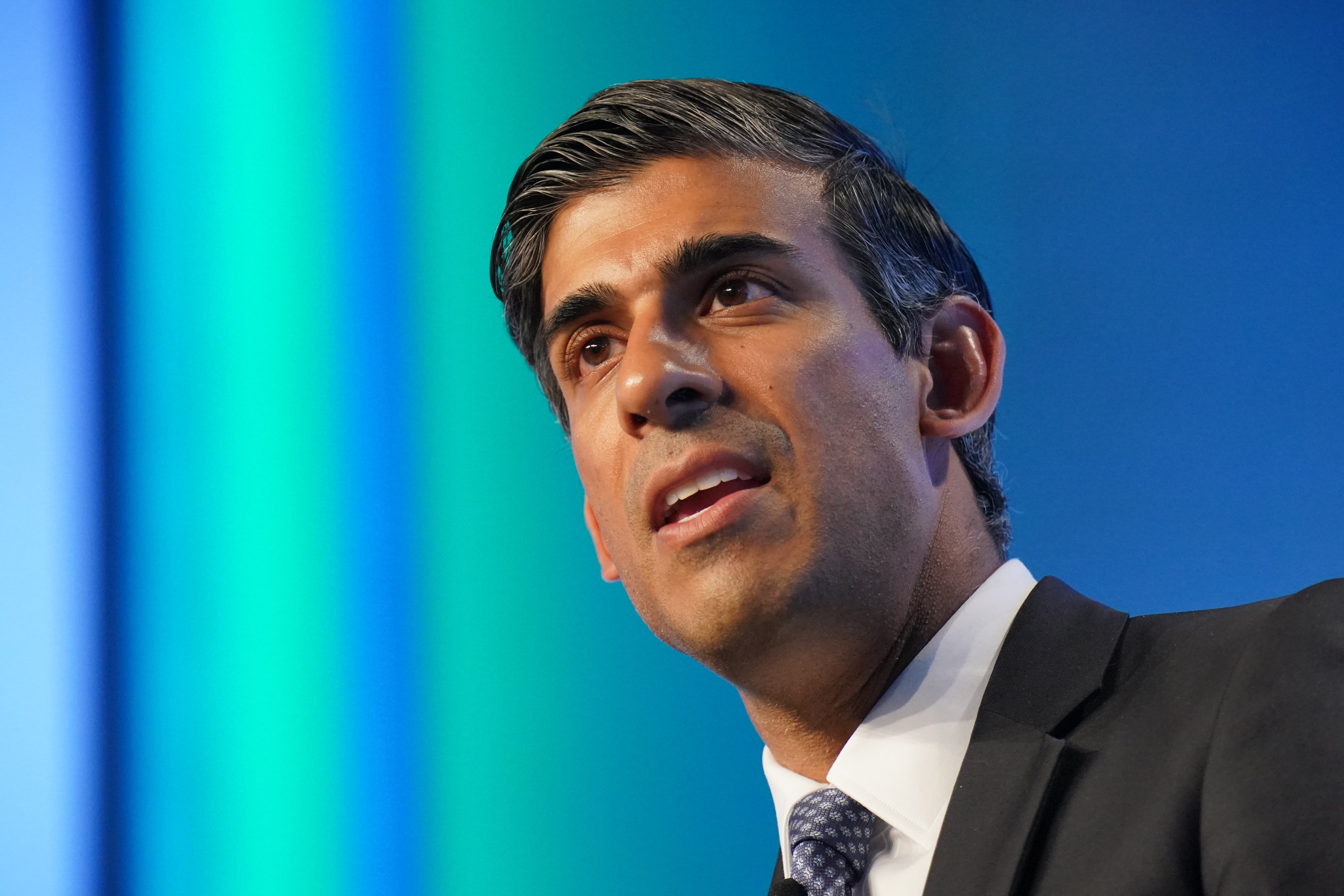‘Not true’ that Chancellor wasted £11bn in debt interest, says Treasury minister
John Glen said the Treasury has ‘inaccurately been accused of wasting billions of pounds’.

Your support helps us to tell the story
From reproductive rights to climate change to Big Tech, The Independent is on the ground when the story is developing. Whether it's investigating the financials of Elon Musk's pro-Trump PAC or producing our latest documentary, 'The A Word', which shines a light on the American women fighting for reproductive rights, we know how important it is to parse out the facts from the messaging.
At such a critical moment in US history, we need reporters on the ground. Your donation allows us to keep sending journalists to speak to both sides of the story.
The Independent is trusted by Americans across the entire political spectrum. And unlike many other quality news outlets, we choose not to lock Americans out of our reporting and analysis with paywalls. We believe quality journalism should be available to everyone, paid for by those who can afford it.
Your support makes all the difference.A Treasury minister has said claims that the Chancellor has wasted £11 billion of taxpayers’ money by paying too much interest servicing Government debt are “not true”.
The National Institute of Economic and Social Research (NIESR) said on Thursday evening that the losses were the result of Rishi Sunak’s failure to insure against interest rate rises on £900 billion of reserves created through the quantitative easing (QE) programme.
The losses were said to exceed the amount that the Conservatives have accused Labour former chancellor Gordon Brown of losing when he sold some of the UK’s gold reserves at rock-bottom prices.
The institute’s director, Professor Jagjit Chadha, told the Financial Times that Mr Sunak’s actions had left the country with “an enormous bill and heavy continuing exposure to interest rate risk”.
However, John Glen, economic secretary to the Treasury, said in a tweet on Friday that this is not the case.
“The Treasury has inaccurately been accused of wasting billions of pounds,” he said.
“This is not true, and the proposed measures come with huge economic risks and could undermine the Bank of England’s independence.”
Mr Glen said the £11 billion figure quoted by Prof Chadha “is based on almost impossible scenarios, and implementing the proposals would have a significant impact on market prices and credibility”.
According to the FT report, the Bank of England (BoE) created £895 billion of money through the QE programme, most of which was used to buy government bonds from pension funds and other investors.
When those investors put the proceeds in commercial bank deposits at the BoE, the Bank had to pay interest at its official interest rate.
Last year, when the official rate was still 0.1%, the NIESR urged the Government to insure the cost of servicing this debt against the risk of rising interest rates by converting it into government bonds with longer maturity.
Interest rates have since increased to 1% and are expected to rise again to 1.25% when the Bank’s Monetary Policy Committee meets again next week.
Labour has accused the Government of squandering public money, describing the losses as “astronomical” and claiming the Government is “playing fast and loose” with the public finances.